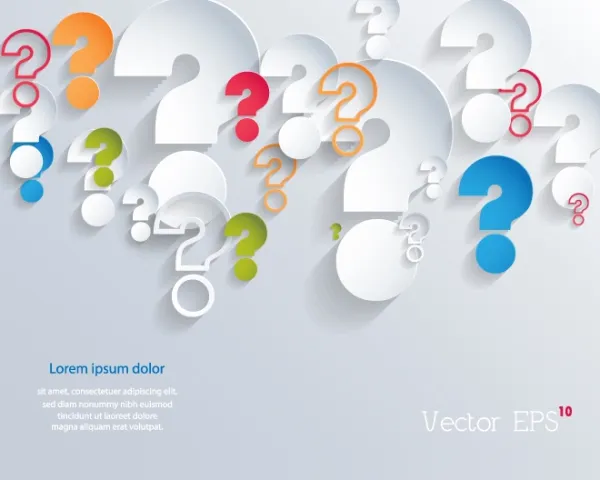Here's How to Handle the Absence of V64.41
Question: What is the current Medicare stance on a laparoscopic procedure converted to an open procedure, without an explanatory diagnosis code? I know previously you would only code the open procedure, but I have read something recently that because of no equivalent ICD-10 code for the conversion diagnostic code ICD-9 V64.41, you should report the laparoscopic procedure with a 52 modifier and the completed open code. What are your thoughts?
New Mexico Subscriber
Answer: When coding with ICD-9, you would submit V64.41 (Laparoscopic surgical procedure converted to open procedure) in this situation. However, as you note, ICD-10 does not include a direct correlation for V64.41.
Instead: When a specific circumstance indicates a conversion of the laparoscopic procedure to an open procedure, it is appropriate to report the code for the “attempted” laparoscopic procedure with the appropriate modifier appended. The code for the open procedure is reported as the primary procedure with the modified laparoscopic procedure code reported as a secondary procedure. Per CPT®, this method of reporting allows for the accurate tracking and reporting of the specific procedure(s) performed.
If the procedure is started but not completed and reduced at the discretion of the surgeon due to these circumstances , report the procedure with modifier 52 (Reduced services).
Remember: Some open and laparoscopic procedures are bundled and not separately billable using any modifier. Therefore, both codes cannot be billed together. In these cases, code only for the open procedure.
Example: This problem arises when there is a conversion from a laparoscopic radical prostatectomy to an open procedure such as 55840 (Prostatectomy, retropubic radical, with or without nerve sparing), is bundled into code 55866 (Laparoscopy, surgical prostatectomy, retropubic radical, including nerve sparing, includes robotic assistance, when performed). The only ICD-10 diagnosis should be C61 (Malignant neoplasm of prostate).




